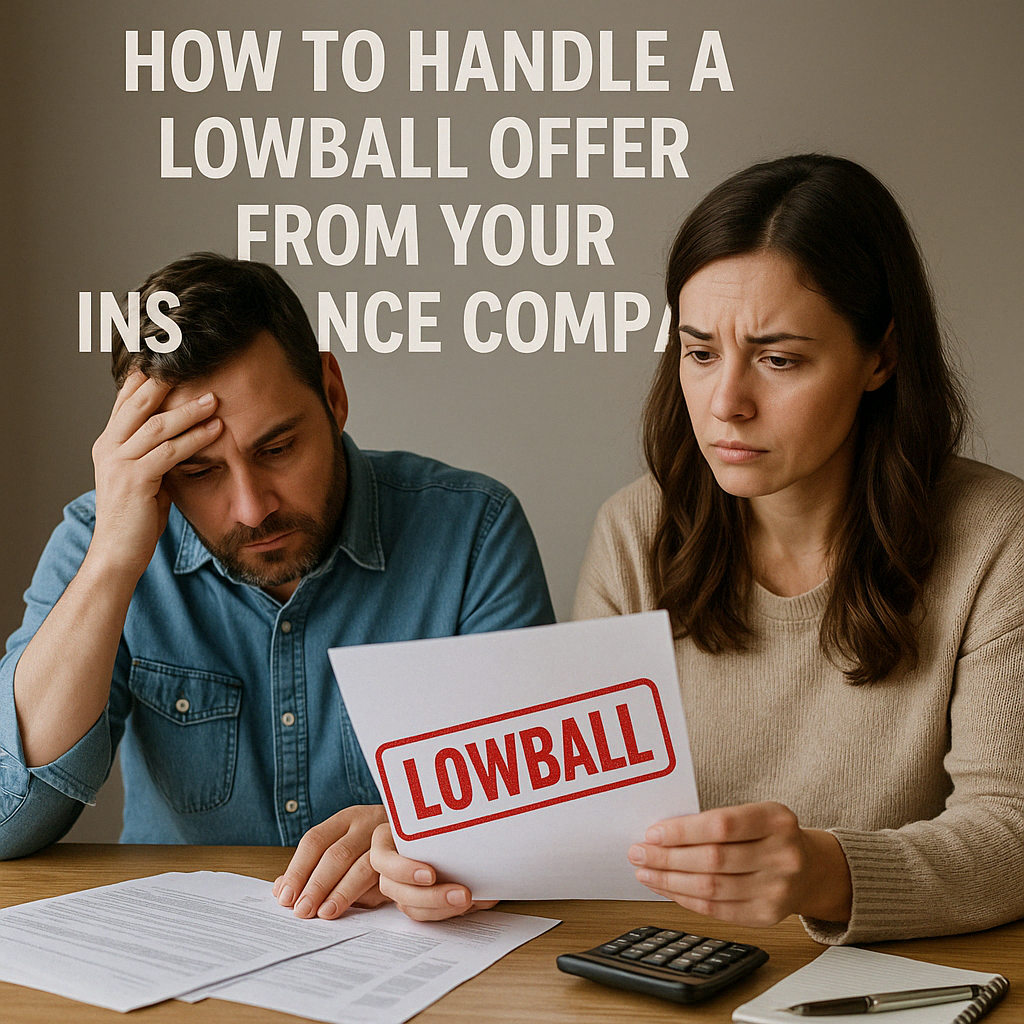If you’ve recently suffered property damage—whether from fire, storm, or water—you’re probably reviewing your insurance policy and seeing terms like Actual Cash Value (ACV) and Replacement Cost Value (RCV). These two terms can have a major impact on how much money you actually receive from your insurance company. Understanding the difference between them is critical to making sure you’re not left paying out of pocket for repairs or replacements you thought were covered.
🔍 What Is Actual Cash Value (ACV)?
Actual Cash Value refers to the amount it would cost to replace your damaged or stolen property minus depreciation. In simpler terms, it’s the value of your property today—not what you originally paid for it, and not what it would cost to buy a new one.
For example:
- If your 10-year-old roof is damaged in a storm and the cost to replace it is $15,000, your insurer may estimate the value of your old roof at only $6,000 based on age and wear and tear. That’s your ACV payout.
Pros of ACV:
- Policies that pay ACV often have lower premiums.
Cons of ACV:
- You’ll likely have to pay more out of pocket to replace or repair items to pre-loss condition.
🔨 What Is Replacement Cost Value (RCV)?
Replacement Cost Value covers the full cost of replacing your damaged property without deducting for depreciation. This means your insurance company will pay what it costs to replace the item with a new one of similar kind and quality, up to the policy limits.
Using the same roof example:
- If your replacement cost is $15,000, the insurer will pay that full amount (minus your deductible), regardless of how old the roof was.
Pros of RCV:
- You’re made whole—replacing your property with new, comparable items.
Cons of RCV:
- These policies often come with higher premiums.
- Many policies only pay the ACV first, then pay the remaining balance (the depreciation) after you show proof that you completed the repairs or replacement.
💡 Why the Difference Matters
When a disaster strikes, you’re relying on your insurance policy to help you rebuild. If you have an ACV policy, you might find that the payout falls short of what it takes to repair or replace your property. If you have RCV coverage, you’re more likely to be able to restore your home or business to its previous condition without a major financial setback.
📌 Tips for Policyholders
- Review your policy now, before a loss occurs. Know whether you have ACV or RCV.
- Ask your agent about upgrade options. RCV might cost more now, but save you thousands after a loss.
- Document everything after damage—photos, receipts, and estimates help prove your claim.
- Be prepared to fight for full value—some insurance companies will try to lowball your RCV or delay payment of the depreciation.
⚖️ We Can Help If the Insurance Company Won’t Play Fair
At The Insurance Law Firm, we help clients across Tennessee stand up to insurance companies that delay, deny, or underpay legitimate claims. Whether you’ve received an ACV payout that’s too low or you’re struggling to recover the full replacement cost, we’re here to fight for what you’re owed.
📞 Call us today for a free consultation. Let’s talk about how to get your life—and your property—back to normal.




